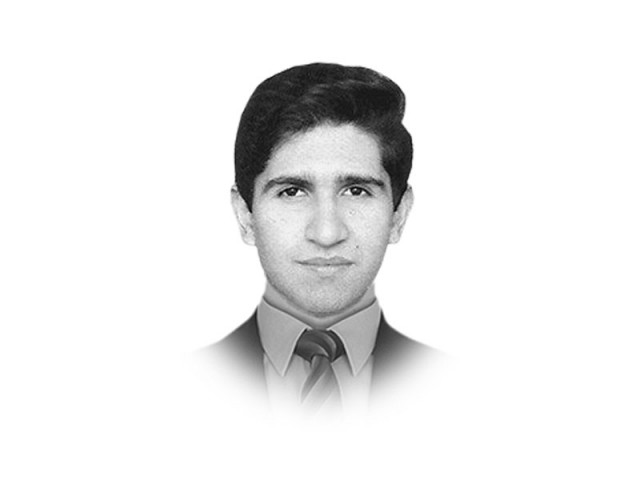Group membership and extremism
People subconsciously bonded in psychosocial group born of resentment, hostility get attracted to extremist movements.

The writer is a PhD in conflict studies and an independent security analyst. He has also taught at the University of Central Lancashire, UK
In a collectivist society like Pakistan in contrast, there is emphasis on fulfilling loosely defined or sometimes undefined goals of a group, whose membership one attains by either being born into, or by passing a threshold of entry. Thus, one can be born into political life, or get into it after attaining a certain amount of wealth and influence so as to make the desired connections possible. Once in the group or family, the individuals may subsume their identities to it, and may act not only to serve their own purposes, but also that of the former.
In such a collectivist society, rules are sometimes stringent so as to provide a desirable outcome for the group. The connections of relating to family or kin are much easier, but conversely, the efforts to fulfil autonomy or take decisions by oneself are that much more difficult. However, it is well-documented that closely knit groups come to the aid of a troubled member in hard times, such as when families rally around relatives with problems, or when the biradri culture assists a less affluent member in achieving his/her goals. This also has a down side in sometimes lending rigidity to group structures. We know the fate of many women in Pakistan who ‘betray’ group norms by exercising their choice of marriage and face the wrath of an entire biradri sometimes.
Another value offered by such collectivist group membership is that members gain a sense of security. Since the perception of being alone is not just a burden but an alienating feeling at odds with the culture in a collectivist society, people will seek membership to rectify that feeling. Difficult living conditions can intensify that perception and a person having little in life can, at least, be content in the knowledge of belonging to a biradri. Since individuality may not be of much value in collectivist societies, what psychologists call ‘secondary control’ comes in handy. This is exercised when the people in groups join or identify with important, influential people which hold value in that particular society.
There is a concentric circle which makes groups isolate themselves from society as well. Consider the example of a person born into a seemingly intractable circle of poverty, surrounded by a group of people in similar circumstances. An example would be the South Waziristan Agency (SWA), where a youth unemployment rate of 80 per cent or more has been reported. Thus, a child born in the SWA is surrounded by a youth cohort group, who are all unemployed like him, and seemingly, don’t have a ‘future’. This group may bond together, since their circumstances are the same and start relating to each other.
Such persons may subconsciously indict themselves into a psychosocial group born from resentment and hostility that attracts them to movements that are destructive from the start. Such extremist groups arise from a perceived group need to bring about social changes, to enhance the rights, opportunities and material well-being of their less-privileged group. However, as commonly happens, such movements later turn violent not only to target class differences, but sometimes society as a whole. Similarly, violence by a mob is also often initiated by grievances and attempts to address them that receive no response. Thus, seemingly isolated patterns of extremist violence can sometimes be coherently explained in the context of group membership.
Published in The Express Tribune, February 24th, 2013.















COMMENTS
Comments are moderated and generally will be posted if they are on-topic and not abusive.
For more information, please see our Comments FAQ